The Handmaid’s Tale parallels the treatment of minority groups in modern America
As season 2 of the Handmaid’s Tale reinstates the shows popularity, viewers are able to draw parallels between the show and the modern world’s treatment of women and the LGBT+ community.
Originally written in 1985 by Margaret Atwood, The Handmaid’s Tale faced extreme controversy, backlash, and praise over the graphic and intense topics it held. In 2017, Hulu produced it as a television series, creating a more relevant atmosphere surrounding the themes it encompasses, primarily women’s rights violations. The show received a plethora of awards, including two Golden Globes among others. Despite The Handmaid’s Tale being a fictional novel, the topics discussed are very real issues, especially at a time when sexual assault, anti-abortion, and other violations of women’s and LGBTQ+ rights.
In the novel, after the Constitution was revoked and a totalitarian regime took power, America became Gilead, a theocratic society run by extremist Christian values. Before this forceful removal of power, the country was experiencing high infertility rates and the population was declining, so citizens were outraged and afraid. After the new regime took over, the women who were fertile became “handmaids” for the wealthy and prominent families of the regime, acting as their sex slave in order to bear children for the couple. Families were ripped apart, infertile lesbian women and gay men were slaughtered, and fertile lesbian and straight women were forced to submit to the regime as handmaids. All women lost the right to vote, read, write, own property, make money, and have any job that has not been assigned to them. Women hold only a few positions:
- Wives- Wives are the infertile women who are married to commanders and other men who follow and support the regime.
- Aunts- Aunts are older, most likely postmenopausal women who provide handmaids to infertile married couples and train handmaids on the rituals and process of bearing children.
- Marthas- Marthas are unmarried and infertile women who work as maids or nannies in the homes of married couples.
- Handmaids- Handmaids are fertile women who have been deemed morally impure in, such as identifying as homosexual or have been raped in the past. These women rank the lowest out of the three positions above as they are not allowed to marry, have any control over their bodies, or even keep their own names as they change their names to that of their commander.
- Unwomen- Unwomen are women who have committed crimes or are unable to get pregnant. These women are sent to the “colonies” and are no longer considered citizens of Gilead.
Although the book is an extreme representation of the lives of women in an oppressed society, it is a dramatized reality of the lives of women and LGBTQ+ members face under the current political administration. As the president of the United States is known to brag about groping and forcefully kissing women and where rapists get out of a conviction with just a slap on the wrist (I’m talking to you Brock Turner), women are being degraded on a daily basis. Women are also continuously having their reproductive rights taken away, just as the women in The Handmaid’s Tale.
In Mississippi, there is only one abortion clinic left in operation, and it is only open two and a half days a week according to AJ+. According to NPR, in 2014 the Mississippi governor Phil Bryant announced a goal to bring abortion to an end and he has recently signed one of the most restrictive abortion law in the country. This law, known as the Gestational Age Act, bans abortion after 15 weeks and does not make exceptions in cases of rape and incest. This is a violation of women’s rights and parallels the rights of women in The Handmaid’s Tale. According to The New York Times, the Iowa Legislature approved the strictest abortion law in the country. Doctors are unable to detect a heartbeat until six weeks of pregnancy, and this Iowa abortion bill aims to ban all abortions after six weeks. This restricts the time period that women have to comprehend and make plans for an abortion, limiting their control over their bodies.
The Handmaid’s Tale also touches on the lives of the LGBTQ+ community in the times of a conservative and religious totalitarian society. In modern America, gay marriage is legal but the LGBTQ+ community still faces discrimination and oppression. In The Handmaid’s Tale, all same-sex marriage certificates were revoked and they faced death for their “gender traitor” crimes. On April 27, Kansas lawmakers passed a bill that will allow faith-based adoption agencies to turn away gay couples who want to adopt a child based on religious faith. Ideas like these are sweeping the country, so more laws barring same-sex couples from adopting a child may become a more common occurrence.
In an America in which the vice president has been known to support conversion therapy and where the president attempts to enforce a ban on transgender women and men serving in the military, LGBTQ+ rights are being violated. According to the Human Rights Campaign, there were at least 26 reported deaths of transgender people resulting from hate crimes. According to the same source, out of the 6,121 hate crimes reported in 2016, 1,076 were based on sexual orientation. Rights against the LGBTQ+ community are being continuously stripped away.
Although a fictional novel and TV show, The Handmaid’s Tale offers an insight on to what women and the LGBTQ+ community in America can face if they continue to have their rights violated. Under the current political climate in America, all minorities face fear and discrimination. The Handmaid’s Tale serves as a warning to what may happen if the liberties of women and the LGBTQ+ community continue to be attacked.
Your Turn Questions: Do you think that The Handmaid’s Tale is something that can happen if human rights continue to be violated?




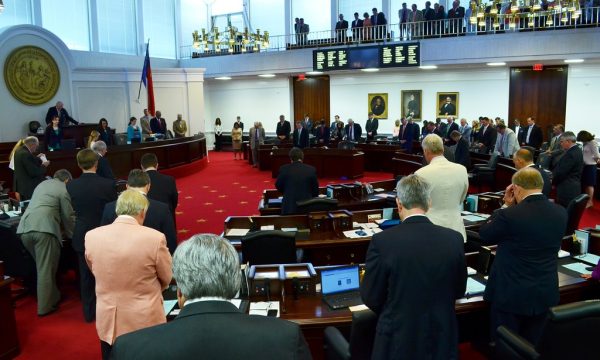


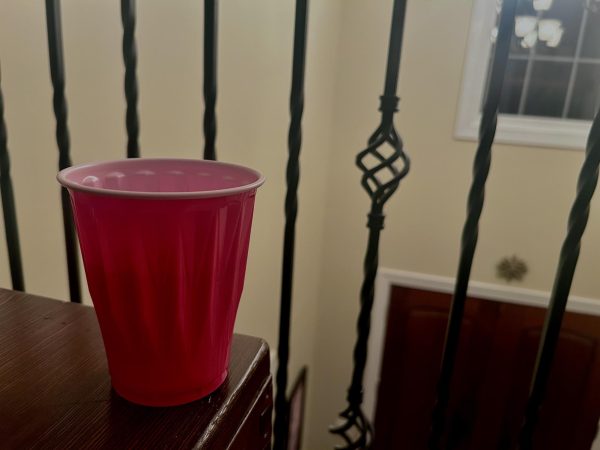


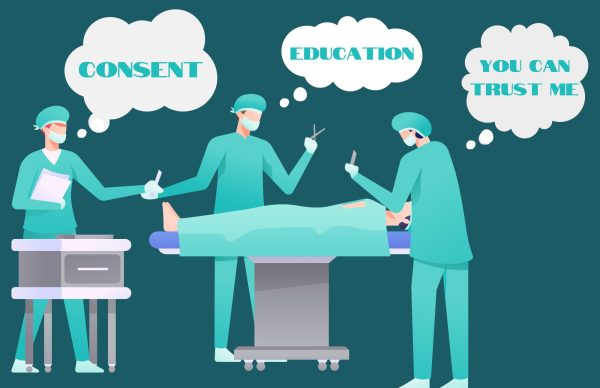
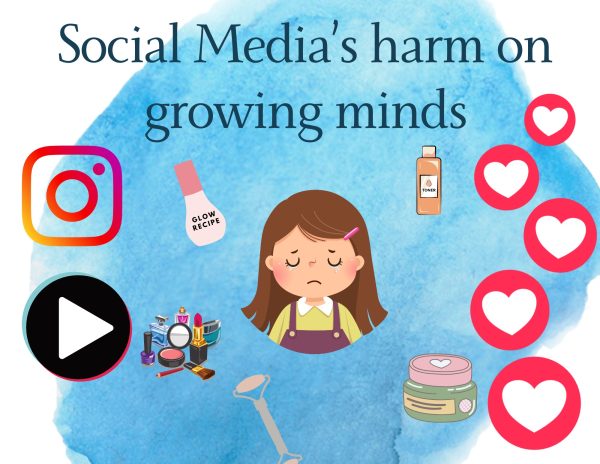
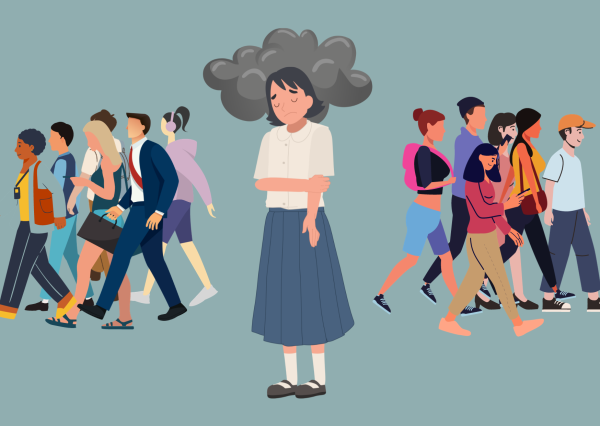
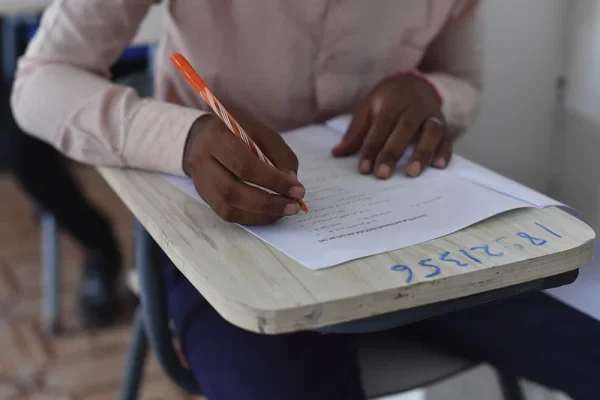
Erin sheridan • May 15, 2018 at 3:23 pm
This is so insightful and informative, I like the inclusion on LGBT citizens, it shines light on a group of people largely ignored. it really tells us something about the state of our country when a book written 33 years ago can still apply to political and civil issues today